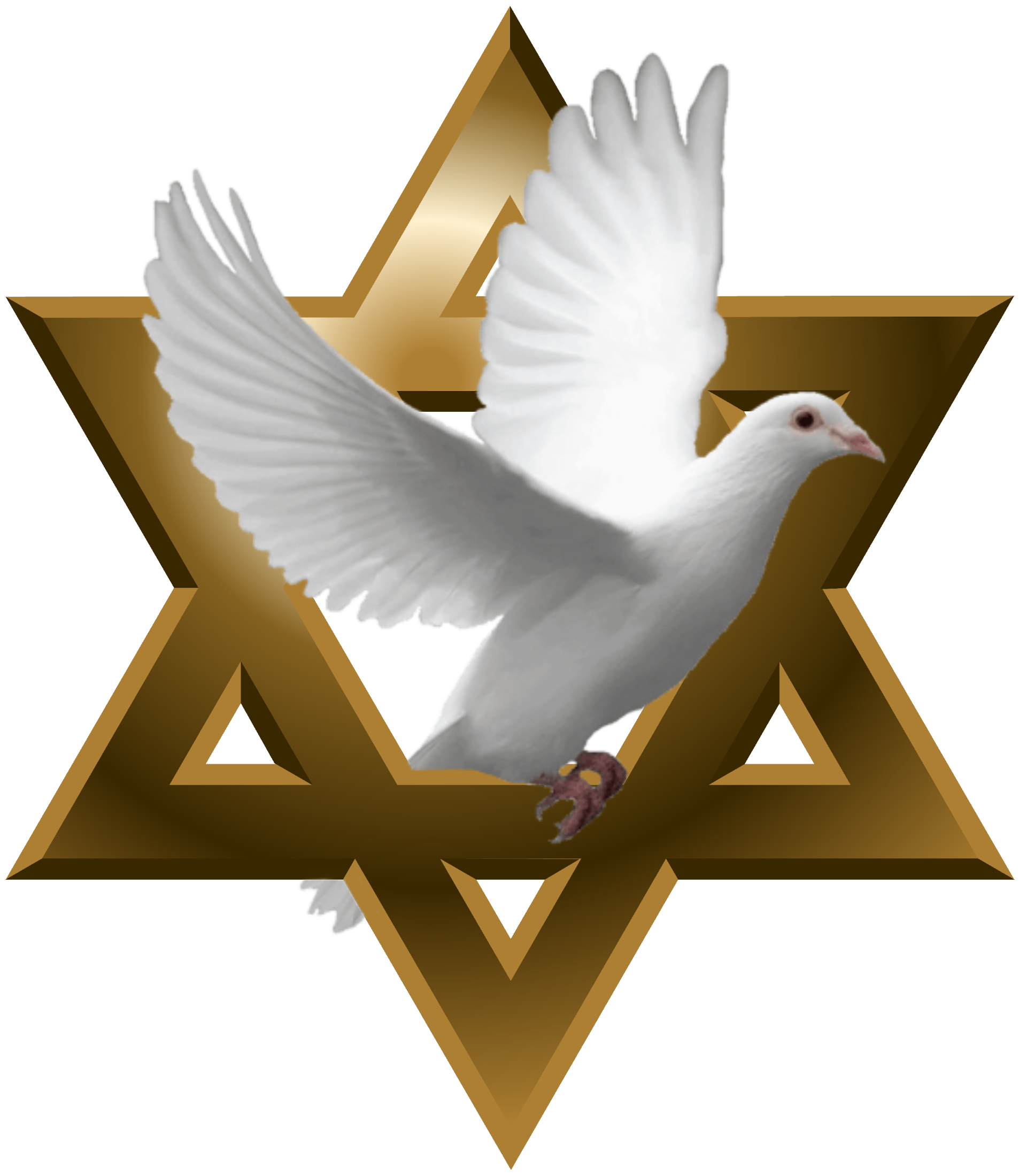TABERNACLE TIMES
THE TABERNACLE IN BRANSON'S MONTHLY NEWSLETTER
LASHON HARA
February 2019 | Shevat - Adar I 5779 | Volume 14 Issue 2
Maimonides writes, “Evil speech kills three people—the one who says it, the one who accepts it, and the one about whom it is said.” (Laws Concerning Character Traits, Chapter 7-Section 3) The prohibition against lashon hara (“evil speech” often translated as “gossip”) refers to any derogatory or damaging statement against an individual, even if the the slanderous remarks are true. If these remarks were to be publicized to others, the subject might suffer physical or monetary damage, anguish, or fear. The Torah offers specific words from The Holy One forbidding lashon hara, these include: “Do not go about as a talebearer”—Leviticus 19:16, “You shall not hate your brother in your heart”—Leviticus 19:17 “You shall not spread a false report”—Exodus 23:1, “Love your neighbor as yourself”—Leviticus 19:18. Among the verses that prohibit specific types of slanderous speech are: “You shall not insult the deaf” —Leviticus 19:14 and “You shall not…curse a ruler of your people.”—Exodus 22:28. The same verse of the Torah that says “Do not go about as a talebearer” goes on to say, “you shall not stand aside while your fellow’s blood is shed—I am HaShem.” The Sages indicate by this that slander is considered equivalent to murder. The writer of the Book of Ecclesiasticus (an apocryphal book) states, “Many have fallen by the edge of the sword; but not so many as have fallen by the tongue.” (28:18). Scripture points to examples of the consequences of lashon hara. Moses’ sister Miriam was afflicted with leprosy by The Holy One for slandering her brother. The serpent in the Garden of Eden spoke evil of The Holy One to Eve, who listened and believed the serpent’s evil speech. The Talmud also cites that the cause of the destruction of the Temple in 70AD was a result from false charges brought to the Roman authorities by a disgruntled individual who was insulted by his neighbor. (Git. 55b-56a) The New Testament also offers a number of verses against evil speech. “Do not speak against one another” —James 4:11, “So lay aside lying and EACH ONE OF YOU SPEAK TRUTH WITH HIS NEIGHBOR”—Ephesians 4:25, and “Let no harmful word come out of your mouth, but only what is beneficial for building others up according to the need, so that it gives grace to those who hear it.” —Ephesians 4:29. Yeshua, Our Master, said, “You have heard that it was said to the people long ago, ‘Do not murder, and anyone who murders will be subject to judgment.’ Shanah Tocah Lashon Hara (Evil Speech) But I tell you that anyone who is angry with his brother will be subject to judgement. Again, anyone who says to his brother, ‘Raca,’ is answerable to the Sanhedrin. But anyone who says, ‘You fool!’ will be in danger of the fire of hell”. —Matthew 5: 21-22. Evil speech is poison that kills secretly and slowly. Yeshua warns us not to make light of these sins for it is from within our hearts these sins originate. The tongue is the most powerful weapon we possess which makes guarding our thoughts, words, and deeds very important We must carefully preserve love and peace for our fellow man.

